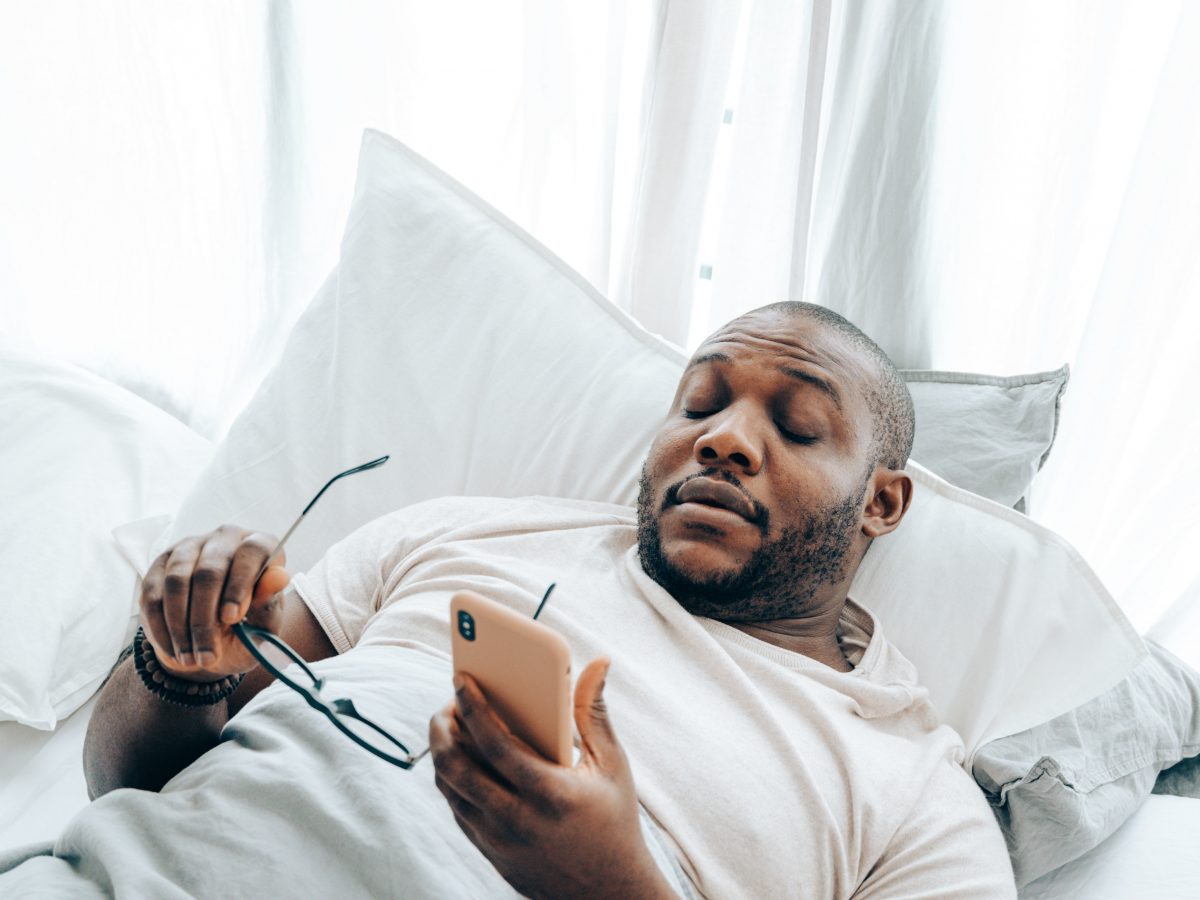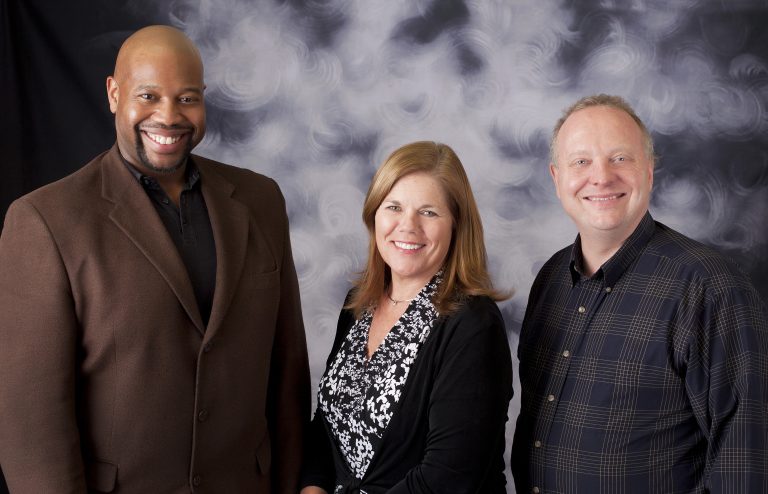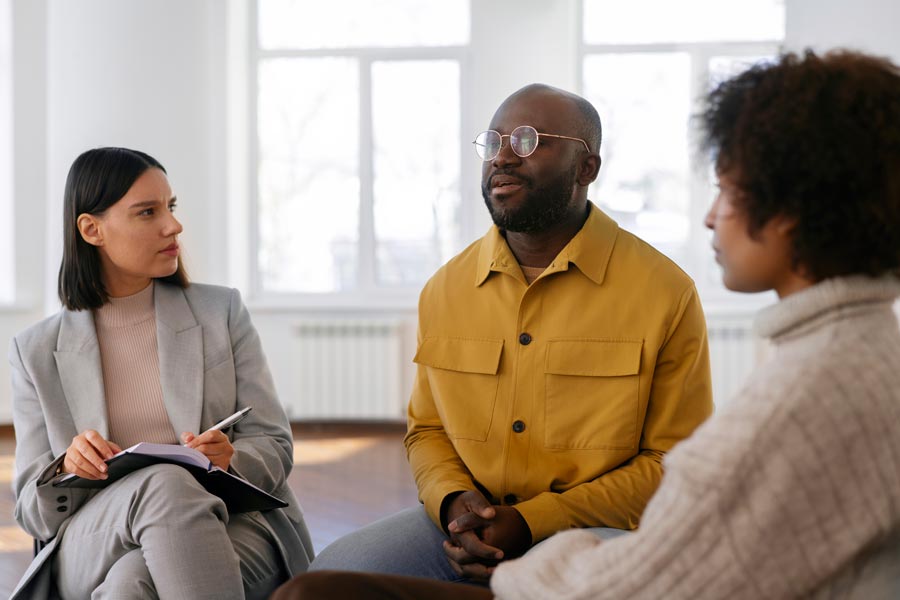Blog

By: Angela Letzner, LPCC-S
In my first session with clients, I often explain to them my belief that our mental health is best cared for when we prioritize medicine (if taken), sleep and then exercise. Obviously, if we are prescribed medication, it is important to take it as prescribed for maximum effectiveness. In listing sleep as such an important priority, surprise has been the most common response. Let’s process why sleep needs to be a top priority in helping our mental health.
In an ideal world, individuals sleep 7-9 hours. There are some adjustments for age – more sleep for the younger groups. And not all of us need 8 hours, some people do well with only 6 hours of shut-eye nightly. 8 is an average that is a useful guideline and place to start. How can you determine your optimal amount of sleep? It’s easier said than done- you just need to fall asleep naturally, and allow yourself to wake naturally. The challenge is that the first few days, you are likely compensating for past sleep deficits, so this needs to be done over a week or two. Most people are challenged to achieve this as we have schedules to follow, alarm clocks telling us to wake, and bosses wanting us to be “on” by a certain time versus when we naturally awaken. Then, after work, dinner, homework, chores, baths, bills and the litany of things that need to get done, the idea of scheduling a bedtime feels impossible as well.
So, let’s start with the 8-hour ideal if determining your optimal sleep amount is too challenging. First, and obviously, the time you must wake up is to be identified so you can subtract 8 hours and learn when you want to fall asleep. NOT GET INTO BED, BUT BE ASLEEP! This is an important clarification. Most of us do not lay down and fall to sleep within minutes. Which leads to sleep hygiene. Perhaps a buzz-phrase right now, but an important one. Stop the technology! Cut out the screen time minimally 30 minutes before bed, an hour is more beneficial. Cut out caffeine as early as you can in the day. If caffeine is habitual for you, you may not realize the impact it is having on you at night. Herbal tea can be helpful, or any warm beverage without caffeine. If you have rituals, like washing your face and brushing your teeth, do these after you shut down technology. In fact, one of the best things you can do for yourself is to create a nighttime routine, and do each step as an organized pattern every night. Your body will begin to sense what is happening – oh, we are getting ready for bed now – and it will trigger itself to prepare for shutting down. An ideal preparation might look like this: 60 minutes before bed shut down or put away technology, enjoy a warm beverage, wash face, brush teeth, get into bed, read a book or watch tv for a bit, shut off lights and go to sleep. As your body learns the routine, it will begin to produce melatonin naturally and help us fall asleep.
A healthy morning routine has a positive impact on sleep as well. The first thing many people do in the morning is hit snooze – STOP! The snooze feature is a lovely concept, but bad for our sleep health. It continually tricks the mind into beginning to relax, then is jolted. Put the alarm across the room so getting out of bed to stop the alarm is required. Once you are out of bed, take a few deep breaths and start your day.
Sleep is a critical part of physical and mental health. Improving this aspect of life can have a positive impact on many other aspects of life – improved memory, learning and more clear thinking are just some of the rewards in addition to increasing the likelihood of feeling less depressed and/or less anxious.
References
Related Posts
Founded in 2008, BHSOGC has delivered professional Psychology Services to the greater Cleveland area with offices in Medina and Rocky River. We are a multi-disciplinary group practice with a clinical staff of psychologists, licensed social workers and masters level therapists.




